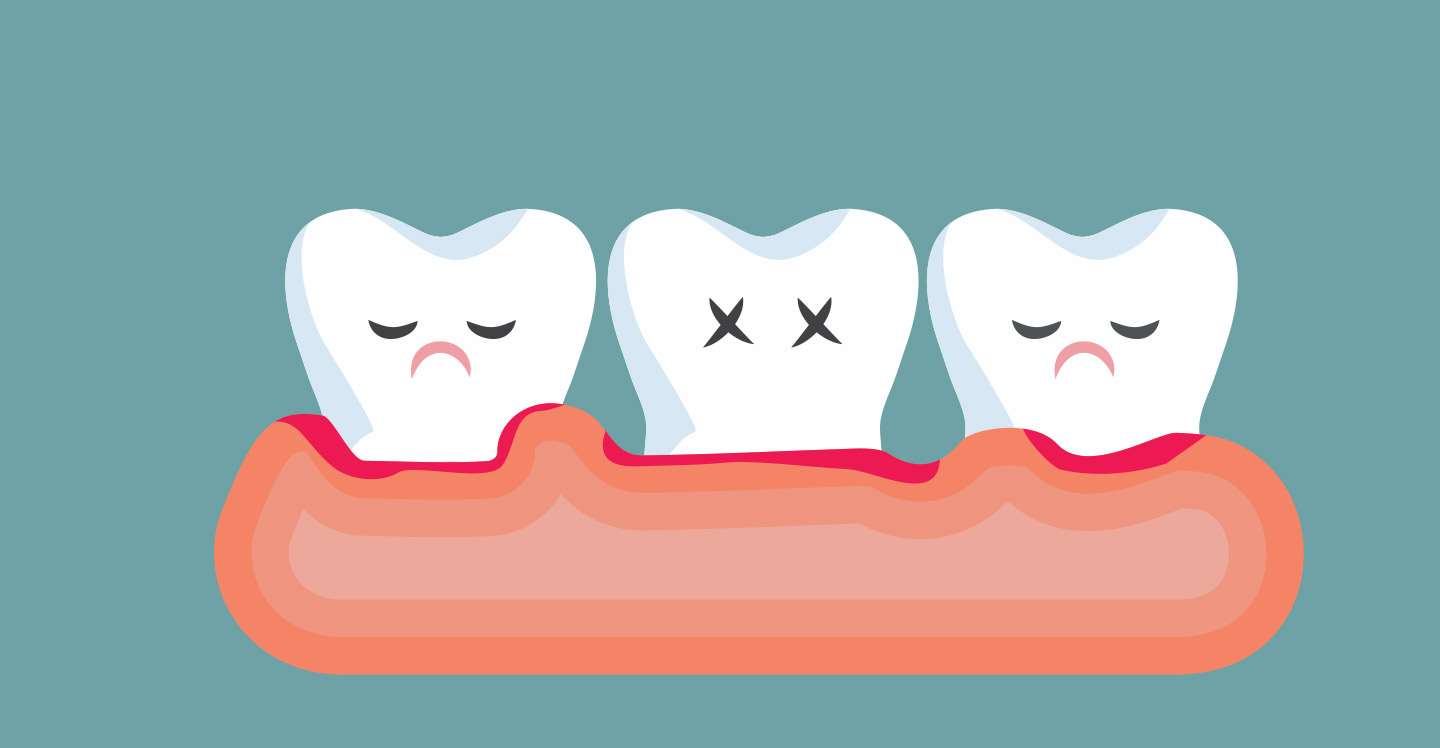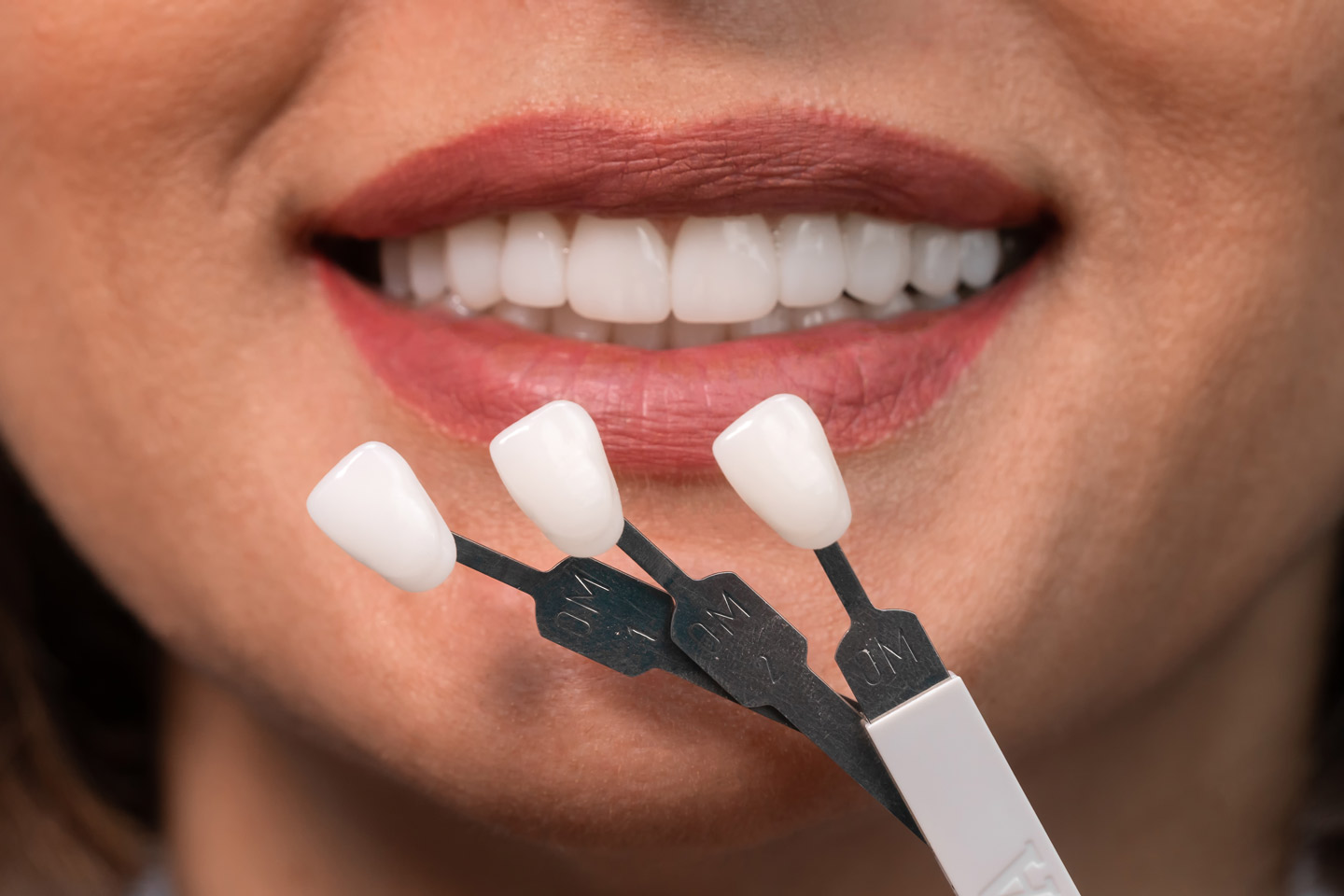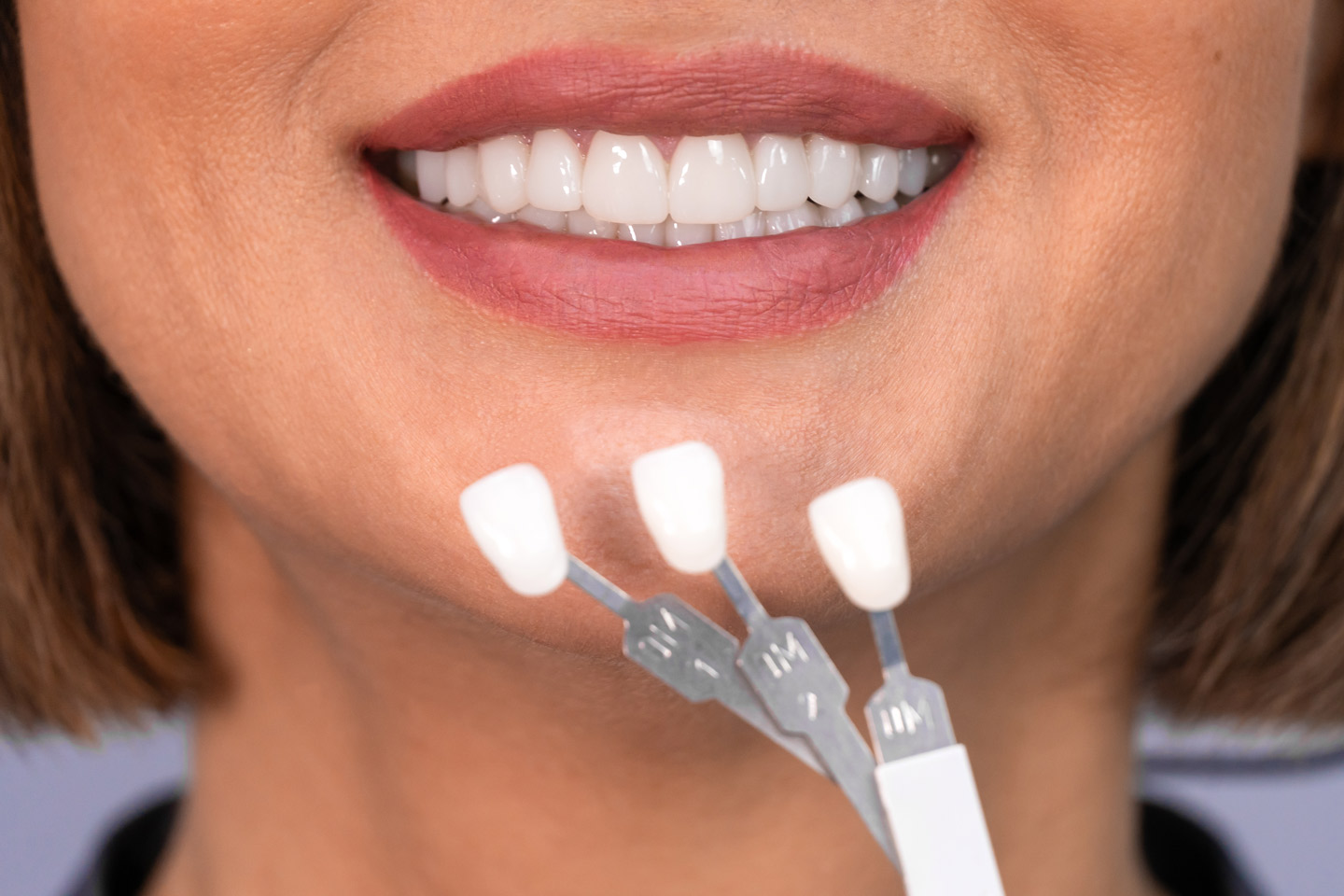Maximizing Your Dental Benefits

With most open enrollment periods ending and the calendar rapidly flipping toward 2023, it is important to understand how to maximize your healthcare benefits so that you can take advantage of them in a way that maximizes your health while being easy on your budget.
In this blog, we’ll look at some simple tips that you can do to get the most from your health care plan.
Most unused dental benefits do not roll over to the next year
With the exception of Health Savings Accounts (HSAs) – all benefits reset at the beginning of the calendar year.
Each year your dental plan gives you a maximum allowance for coverage that they will pay your dentist, for example $1,000. Whatever money is unused will not rollover. During the year, the amount of your monthly premium never changes. So, you will be paying the same amount regardless of whether or not you use any benefits. You should put that money to work for you and schedule your dental visits and treatment.
If you paid your deductible this year, you will likely have to pay again next year when starting treatment. Using your dental benefits each year allows you to plan all your needs at the lowest possible out of pocket expense.
Simple tips you can follow
Schedule an appointment – Timing matters. One easy recommendation is to schedule your regular exams six months apart. This can be especially important for dental visits as it is recommended to have a cleaning and checkup at those intervals. Most plans will cover both visits and cleanings.
Talk to your dental provider about remaining treatment – Discuss with your provider what treatment is remaining and ANY other concerns that have yet to be addressed. This will allow you to understand the best approach in utilizing your dental benefits each year to reduce your out of pocket expense.
Don’t put off seeing your doctor
Too many Americans put off going to the doctor because they fear that they won’t be able to afford the bill. While this is understandable from an immediate fiscal point of view, it can have long-term negative financial and health repercussions.
Neglecting vital and routine health care problems can cause more expensive care plans later. For example: if you put off going to the dentist, gum disease has a chance to spread and infect the root of the teeth. These infections may cause you to need a root canal or even oral surgery. Both can be expensive but are far less expensive than seeing your provider every six months, which is part of your plan.
Always remember, most health plans cover the costs for routine health screening because doing so is less expensive than having to pay for surgical or in-depth treatment plans later.
Set up a flex spending account
Most people will have the option to start a Health Savings Account (HSA) during open enrollment plans. Other plans may offer a Flex Spending Account (FSA). The difference between them is that an HSA allows you to roll over the unspent money from one plan year to the next. Most FSAs must be spent in the plan year unless otherwise specified.
That means that if you are contributing to a flex spending plan, you will want to spend that money in that year or you risk losing it altogether.
Depending on your plan, some employers will even contribute a matching percentage to the plan, though you will want to check your plan guide to know for sure.
Regardless if you receive a match or not – that money is there for you to use when you need it for a medical service. It can cover the gaps to make your deductible and it can also help cover office visits and prescriptions.
Don’t leave money on the table. Use it to better your health care.
We’re here for you
Don’t wait until the problem becomes severe. Medico M.D. is here to help you get the very best dental care services. Don’t wait for the problem to get better, because oftentimes it doesn’t. Schedule an examination today!




